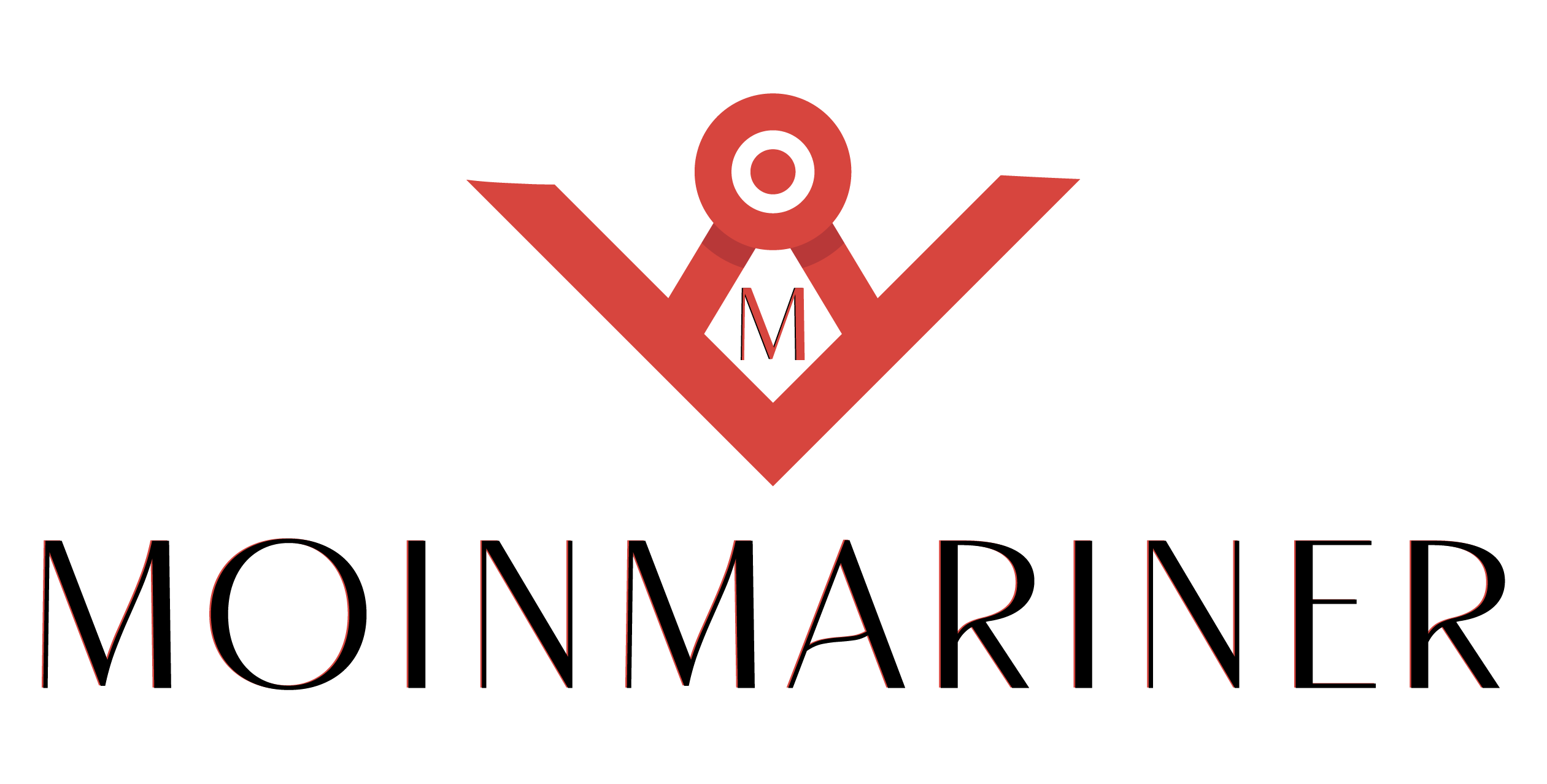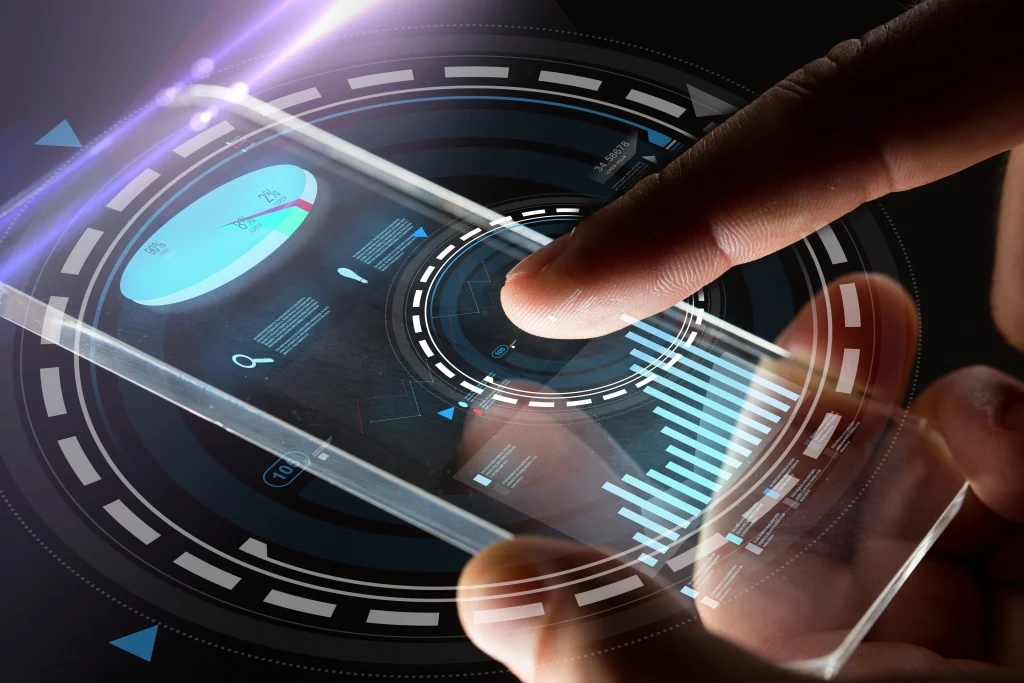The innovation rate is rapidly increasing. Artificial intelligence, robotics, and virtual reality that appeared to be science fiction a few years ago became a part of life. With the further advent of the digital age, technology keeps on transforming how we live, work and interact.
In this guide, we would be discussing five new technologies in 2025 that would revamp industries, make them more efficient, and redefine what is possible. As a tech enthusiast, student, or business owner, these trends will make you gain an upper hand and be ready to face the future.
1. Artificial Intelligence (AI) and Machine Learning (ML)
As of today, AI and ML have already transformed the healthcare sector, finance, and other areas, and by 2025, they will establish themselves as a part of everyday life. With such technologies, systems can learn, adapt and make decisions with minimal human involvement.
Applications transforming industries include:
- Healthcare: AI-driven diagnostics and predictive analytics help doctors detect diseases earlier.
- Finance: Fraud detection, investment insights, and algorithmic trading.
- Customer service: Chatbots and voice assistants that respond in real time.
The personalization is also becoming more advanced by machine learning models, Netflix suggestions or smart home devices that learn about your habits. With the increased amount of data, AI will reach a new level of efficiency and familiarity and will aid in the development of not only smart cities but also self-driving cars.
But great responsibility is a lot of this power. Ethical application of AI and its privacy, bias, and accountability will be among the primary topics in the emerging technologies 2025 debate.
2. Quantum Computing
Among the most promising, and the most tricky, current-day technology is quantum computing. The quantum computers make use of qubits in contrast to the traditional computers that process information in bits (0s and 1s), which means that quantum computers can carry out numerous calculations at once.
This computational power is capable of revolutionizing industries that need high amounts of data to solve problems:
- Medicine: Simulating molecular interactions for faster drug discovery.
- Climate science: Modeling weather and environmental changes with precision.
- Cybersecurity: Strengthening encryption and building unbreakable security systems.
With quantum computers still in an early phase of development, the company leaders in technology, including IBM, Google, and startups, including Rigetti, are in competition to reach the so-called quantum advantage, when quantum machines surpass classical ones.
By the end of 2025, anticipate initial commercial applications of quantum computing in research laboratories and financial analysis as a new era in information processing capabilities.
3. Extended Reality (XR): Merging Real and Virtual Worlds
Extended Reality (XR) which comprises Virtual Reality (VR), Augmented Reality (AR), and Mixed Reality (MR) is blurring the boundary between the real and virtual world. After being confined to the realm of gaming, XR is now diversifying into the educational field, healthcare, and training in the workplace.
How XR is reshaping industries:
- Education: Students explore history or science through immersive experiences.
- Healthcare: Surgeons use AR for guided procedures or medical simulations.
- Retail: Shoppers virtually try on clothes or preview furniture before buying.
XR will be further made available by means of lightweight headsets and integration with smartphones in emerging technologies 2025. Remote work and online shopping will also become a possibility due to the emergence of the so-called metaverse, persistent, shared virtual worlds.
The secret to universal adoption is the enhanced hardware, true-to-life interfaces and affordability. The combination of these components will change the way we learn, make purchases, and socialize.
4. Blockchain Beyond Cryptocurrency
The majority of people when mentioning blockchain refer to Bitcoin or Ethereum. The use of blockchain technology is much broader than digital currency. Fundamentally, blockchain constitutes a decentralized register, which documents operations in a safer and transparent way, which is suitable in industries where trust and accuracy of information are essential.
Use cases expanding rapidly include:
- Supply chain: Tracking products from origin to consumer to ensure authenticity.
- Healthcare: Securing patient data and improving record accessibility.
- Voting systems: Ensuring tamper-proof, verifiable elections.
- Finance: Enabling faster, cheaper international transactions.
With the emerging technologies 2025, blockchain will enter mainstream business operations and allow transparency and trust in the digital systems. Both states and companies are exploring the concept of decentralization to enhance security, efficiency, and accountability.
Combining blockchain with AI and IoT (Internet of Things) will only widen the opportunities, like automated smart contracts that can be used to make transactions made without human participation.
5. Green Technology and Renewable Energy Innovation
With the increasing environmental issues in the world, the innovations that are more focused on sustainability are emerging as priorities. Green technology is an engineering, science, and digital technology that is used to minimize pollution, save energy, and promote eco-friendly development.
Breakthroughs leading the charge include:
- Next-generation solar panels with higher efficiency rates.
- Electric and hydrogen-powered vehicles that reduce emissions.
- Smart grids and battery storage systems for renewable energy.
- Carbon capture technologies to minimize industrial impact.
Climate-conscious AI and data analytics solutions will emerge in mass in the next five years in emerging technologies 2025. Home buildings will be able to adjust lighting and heating according to the requirements of energy saving and the cities will implement sensors which will identify the quality of air and vehicles in the traffic in real time.
Green tech is not simply about environmental effect but it is also an emerging economic force, offering new jobs and areas to invest in in the sustainable economy.
The Human Side of Emerging Technologies
Although innovation can be used to propel development, technology brings up the issue of privacy, ethics, and access. The most important thing is that these improvements should work towards the good of all people and not the fortunate ones.
Education and digital literacy will be important as emerging technologies 2025 continue to develop. When people are provided with the means through which they can easily cope with new tools, the digital revolution will continue to place humanity at its core rather than leaving it behind.
The development of responsible technology is also a concern that governments and organizations need to be committed to, ensuring safety, inclusively and sustainably, so that advancements can add to, and not replace human potential.
FAQs
1. Which emerging technology will have the biggest impact by 2025?The application of artificial intelligence is predicted to be the most dominant and will drive technology in healthcare, automation, and communication. Nonetheless, the combined use of AI and the other technologies, such as quantum computing and green tech will result in even more breakthroughs in various industries.
2. How can individuals prepare for the rise of new technologies?Always be interested and continue to learn. Pay attention to online literacy, flexibility, and problem solving. The online classes, workshops, and tech communities can be used to learn how these innovations operate and how they can be implemented in your business or career.
Final Thoughts
The future is not something that we look forward to, but we create it one technology at a time. Artificial intelligence, green technology are some of the technologies in 2025 that are transforming our world in remarkable ways.
Knowing how they operate and what they are doing to our lives, we can make better decisions as consumers, professionals and global citizens. Innovation will characterize the next decade, and it’s up to us to direct that advancement towards a more connected, sustainable and people-oriented world.

